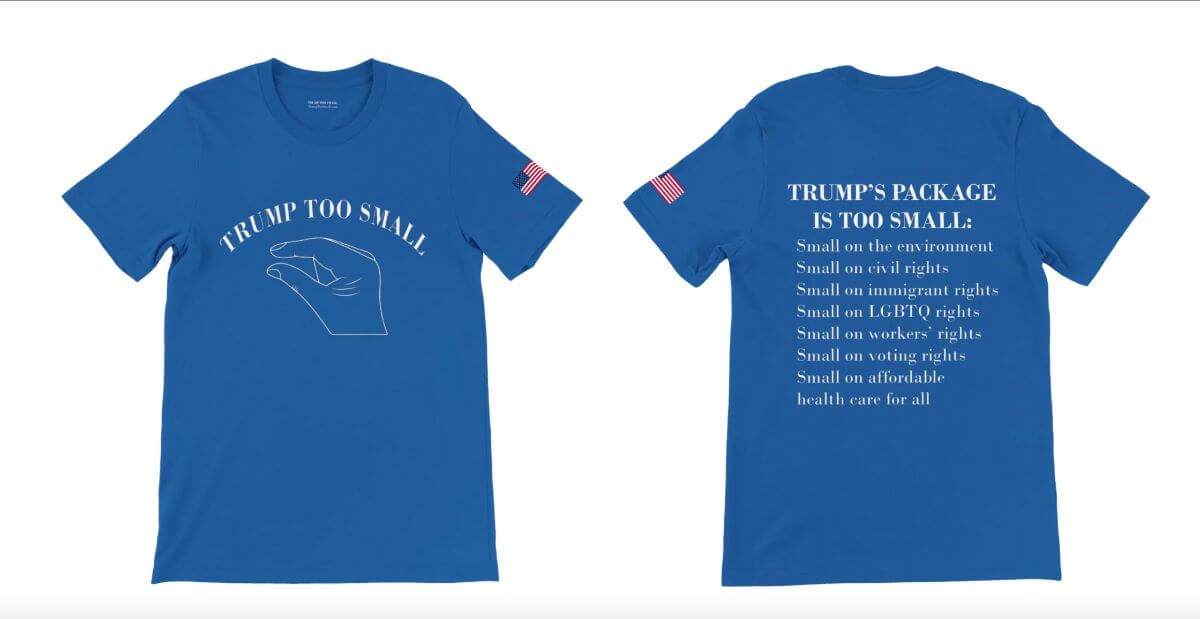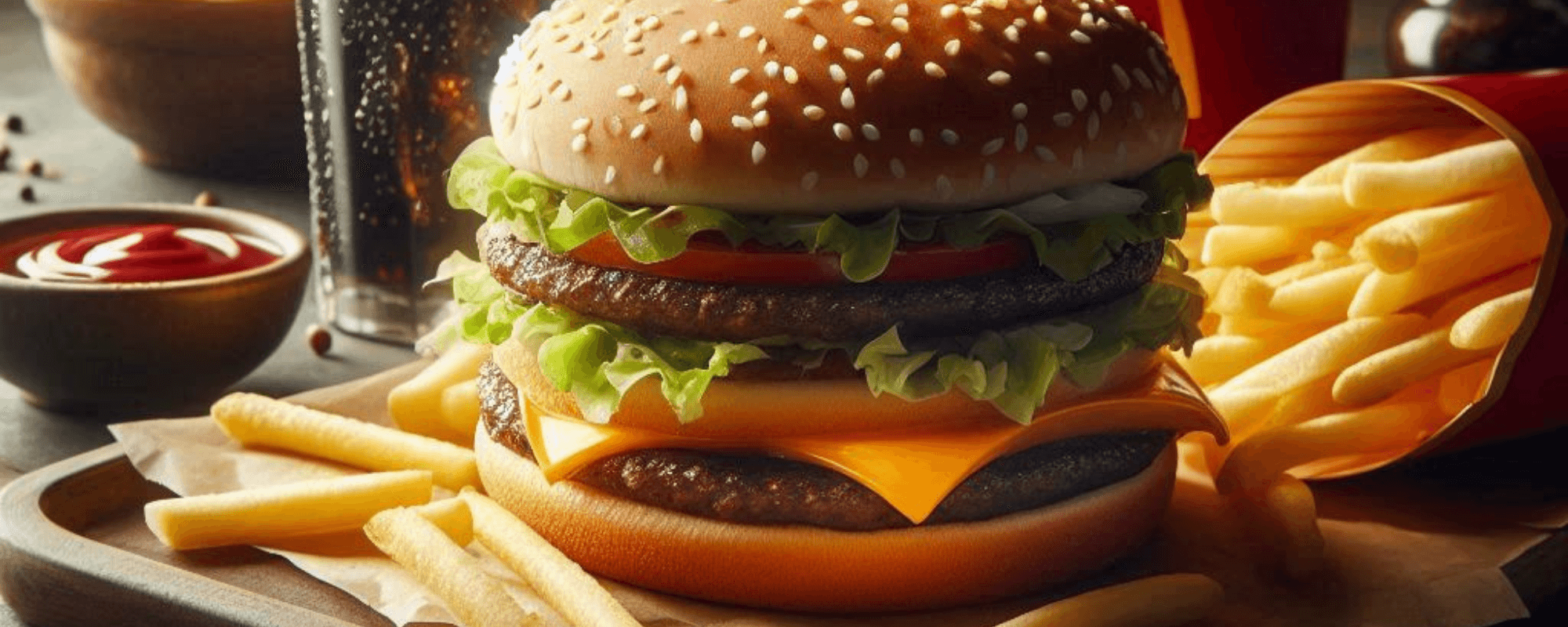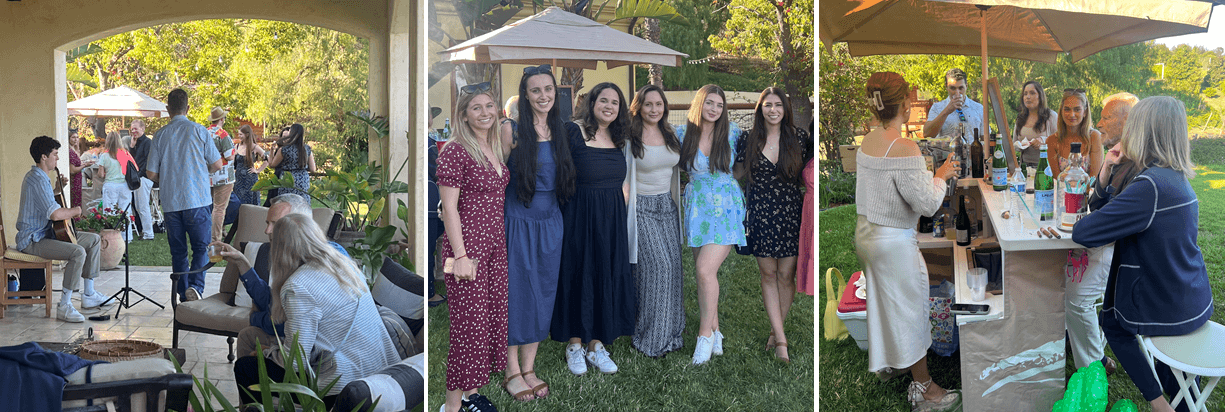Supreme Court Denies “Trump Too Small” Trademark Filing, Citing Historical Precedent and Lanham Act Clause
Takeaway: The U.S. Supreme Court unanimously denied the trademark registration of “Trump Too Small,” citing historical precedent to uphold a Lanham Act clause against using a living person’s name without their consent, though this rationale sparked mixed reactions among justices and legal experts.

The U.S. Supreme Court unanimously denied the trademark registration of “Trump Too Small” for apparel, ruling there was no free speech violation. Justice Clarence Thomas based the decision on historical precedent, emphasizing individuals’ control over their names. However, this approach dissatisfied some justices and attorneys.
Three concurring opinions agreed with the judgment but offered different reasoning. Justice Amy Coney Barrett critiqued relying solely on historical tradition and suggested a standard based on trademark law and First Amendment precedent, a view supported by some legal experts.
The case involved attorney Steve Elster’s attempt to trademark a phrase referencing a 2016 debate between Donald Trump and Marco Rubio. The USPTO had rejected the application, citing the Lanham Act’s clause against using a living person’s name without consent. This decision follows previous Supreme Court rulings on similar Lanham Act restrictions.
The ruling has implications for future cases on rights of publicity and trademark law’s relationship with free speech. Legal experts had mixed reactions, with some agreeing on the provision’s neutrality but criticizing the reliance on historical arguments.
The Evolution of Patent Law Since the Alice Court Decision
Takeaway: It has been 10 years since the landmark Alice court decision, which has had and will continue to have a large impact on innovation and business strategies.

In June 2014, the U.S. Supreme Court issued a landmark ruling in the case of Alice Corp. v. CLS Bank International. This decision fundamentally altered the landscape of patent law, particularly concerning the patentability of software and business methods. Ten years later, the impact of the Alice decision continues to shape patent law and innovation. The Alice decision revolved around whether certain types of abstract ideas implemented on a computer were eligible for patent protection.
In the immediate aftermath of the Alice decision, there was a significant increase in the number of patents invalidated on the grounds of being directed to abstract ideas without sufficient inventive concepts. Courts applied the Alice framework rigorously, leading to a wave of uncertainty, particularly in the software and financial technology sectors. In the last ten years since the Alice ruling, the number of patent applications in certain tech sectors has seen a decline post-Alice, as applicants have grown wary of the heightened scrutiny. Applicants started crafting claims more carefully, focusing on demonstrating specific technical improvements rather than broad abstract ideas.
As we move into the second decade post-Alice, technology continues to evolve at an exponential rate, particularly in areas like artificial intelligence. We will see how the courts will adapt the Alice framework to address new types of innovation. There is no doubt this legal landscape will continue to evolve. Allow us as your patent attorneys to stay vigilant and adaptive to navigate the complexities of patent law in a post-Alice world.
Bad News for BIG MAC Mark in the UK
Takeaway: As a trademark owner, it is important to use the acquired marks for all registered goods/services, maintain detailed sales records, avoid overly broad trademark registrations, and provide comprehensive evidence of use in revocation actions.

Supermac’s, an Irish fast food chain, won a legal battle against McDonald’s over the BIG MAC trademark. The General Court ruled that McDonald’s no longer holds the BIG MAC trademark for chicken burgers and services related to operating and franchising restaurants. This decision stemmed from a broader dispute that began in 2015 when Supermac’s attempted to register its name in the EU. McDonald’s opposed the mark, claiming potential consumer confusion.
Supermac’s countered by filing for the revocation of the BIG MAC trademark due to non-use. The EUIPO’s Cancellation Division agreed, finding McDonald’s evidence insufficient to prove genuine use. McDonald’s appealed, presenting extensive new evidence, which led the EUIPO Board of Appeal to partially uphold the appeal, maintaining the BIG MAC trademark for specific items like meat and chicken sandwiches and certain restaurant services. Supermac’s further challenged this, leading to the General Court’s ruling that significantly limited McDonald’s trademark protection.
Eighth Circuit Rules Against Fair Use in “Success Kid” Meme Case, Citing Warhol Precedent
Takeaway: The Eighth Circuit ruled that former Iowa Republican Representative Steve King’s campaign’s use of the “Success Kid” meme for fundraising did not qualify as fair use, citing the Supreme Court’s recent Warhol decision which stressed that commercial use requires compelling justification for fair use.

The Eighth Circuit ruled that the U.S. Supreme Court’s recent decision on Andy Warhol’s use of a photograph dooms the fair use defense of former Iowa Republican Representative Steve King. King’s failed reelection campaign used the popular “Success Kid” meme in a fundraising post without authorization, leading to a $750 judgment in favor of Laney Griner, the meme’s creator.
The Court compared King’s use to Warhol’s use of a photo of Prince, both deemed commercial and not transformative enough to qualify for fair use. The Court emphasized that commercial use requires a compelling justification for fair use, which King’s campaign lacked. This ruling underscores the high threshold for fair use defenses in commercial contexts post-Warhol decision and the waning ability to claim “fair use” as a defense to allegations of copyright infringement for political, as well as commercial, speech.
Beware of Scammers Exploiting USPTO Data to Defraud Trademark Applicants
Takeaway: Scammers are exploiting USPTO data to impersonate officials and solicit personal information or payments from trademark applicants and registrants through fraudulent emails, calls, and texts, often creating a sense of urgency.

Scammers are targeting trademark applicants and registrants by using publicly accessible USPTO data to impersonate the USPTO and private services, sending fraudulent emails, calls, and texts to solicit personal information and payments. They create a sense of urgency and often spoof official contact details, including phone numbers and email addresses. Trademark owners should be wary of any unsolicited communication, especially if it asks for sensitive information or immediate action, and should only trust correspondence from official “@uspto.gov” email addresses. If targeted, it is advised not to engage and to report the scam.
Feel free to contact us instead as the USPTO rarely reaches out to applicants, and instead typically only reach out to applicants’ attorneys of record.
Cislo & Thomas LLP Spotlight
Cislo & Thomas Exhibited at the International Trademark Association Annual Meeting in Atlanta
Cislo & Thomas LLP kicked off summer with our annual summer party! It was a great celebration to honor some staff who are headed to law school, new employees joining the team, and most importantly, the birthday of our managing partner, Daniel M. Cislo!
Here’s to a great summer!




